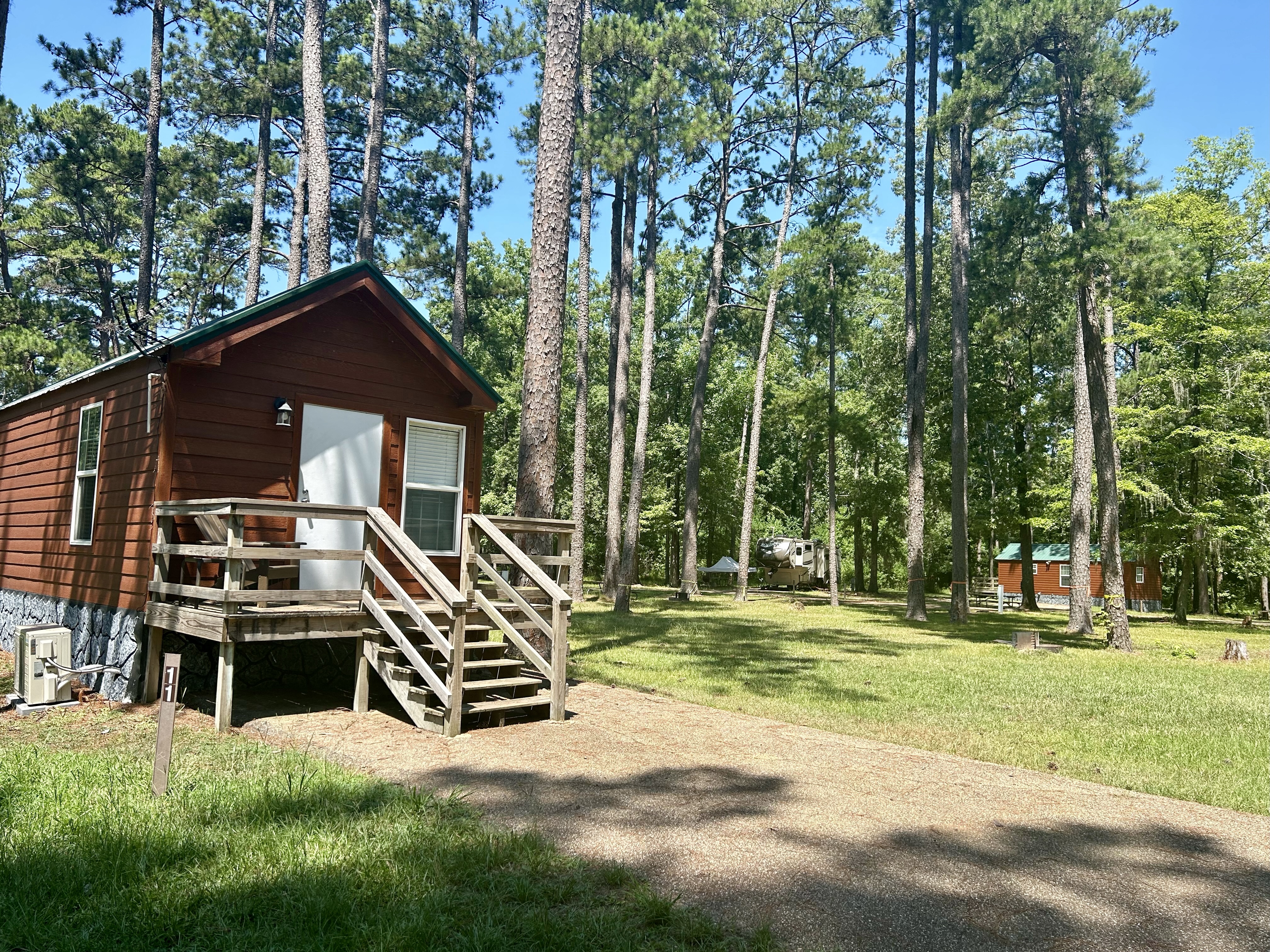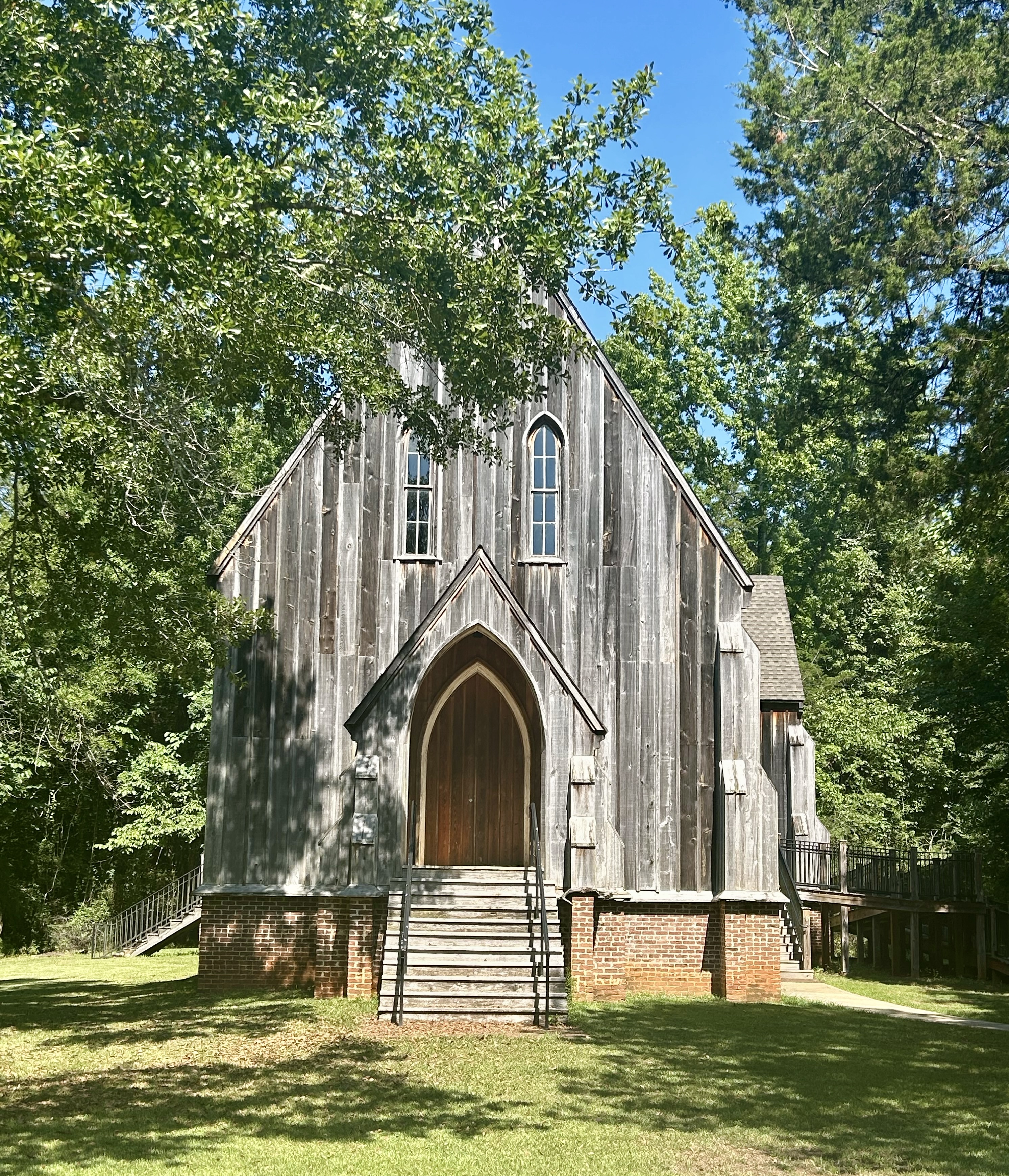Report sees potential of ecotourism in Alabama’s Black Belt region
Biking, birding, hiking and other ecotourism opportunities in Alabama’s Black Belt hold much promise, according to a report by Costas Christ and Associates.
The report, released this spring after consultations with local community stakeholders, provides a road map for improving ecotourism.
Costas Christ and Associates, a firm providing services in sustainable tourism planning, defines ecotourism as “responsible travel to natural areas that protect nature and sustains the well-being of local people.”
According to Christ, “Ecotourism is about ensuring the economic benefits of nature-based travel directly benefit local communities and advance the conservation of biodiversity and natural resources in tangible ways.”
The report noted that ecotourism, rooted in authenticity and local community experiences, remains one of the fastest growing tourism sectors, especially with the Millennial and Gen Z demographic.
Calling Mobile and Montgomery important “gateway cities to the Black Belt with unique offerings in ecotourism and civil rights history,” the Costas Christ report suggested developing partnerships that could “unlock the region’s full potential to become a nationally and internationally recognized travel destination.”
Candace Johnson, director of Tourism and Community Development at the University of Alabama, underscored the potential. “The Black Belt has a history of stories and experiences that can be built upon,” she said.
Johnson added, “Outdoor recreation is something that Alabama hangs its hat on already. Roland Cooper State Park on the Alabama River is an example of a place that can be expanded with more lodging so that people can come and play and stay longer. It is part of the Alabama Birding Trail and a great hub for exploring the Black Belt in Camden.”

Specific action items in the ecotourism report recommend upgrading Roland Cooper, including establishing kayak and canoe tours and expanding nature trails as well as connecting ecotourism activities with cultural heritage and nature-based tourism experiences at nearby Gee’s Bend and Camden.
The report also recommended connecting the site of the Old Cahawba Archaeological Park and Selma by developing and maintaining biking and hiking trails along with guided ecotourism tours.
It noted that improving the two canoe and kayak ramps at the confluence of the Cahaba and Alabama Rivers could make Old Cahawba an “important launching and docking point for expanded river recreation through ecotours connected to Selma and the Black Belt.”

Numerous other action items focused on areas ranging from the MOWA Choctaw Ecotourism Park and Museum to improvements at the Joe Farm, a nationally recognized Black Belt birding destination.
Nina Boys, vice president of sustainability at Beyond Green Travel, a touring company launched by Christ, said, “Ecotourism gives back to the three key pillars: nature, culture, and community.” Boys noted that the Black Belt’s culture and stories are pivotal to creating meaningful travel experiences.
“Ultimately, what people look for when they travel are immersive experiences where they can learn and experience different ways of life. Specifically, the richness and depth of stories within the Black Belt are among the region’s greatest assets.”
She added, “Many stories are rooted in hardship and challenge; there's so much resilience, nuance, and complexity. There is such a drive in the tourism market for experiences like that to open your mind.”
Camden, nestled in the heart of the Black Belt, offers several notable tourist spots to dive deeper in those stories, including historical architecture such as the Wilcox Female Institute and antebellum homes.
The Black Belt Treasures Cultural Arts Center showcases vibrant art by artists from across the Black Belt. Betty Anderson’s Shoe Shop and Quilt Museum also provides a glimpse into local history and culture, making it a must-visit for those exploring the town.
These cultural experiences add to the outdoor recreation opportunities drawing more and more tourists to the area.
The report concluded, “By emphasizing conservation efforts, protection of cultural heritage and historic sites, and community engagement, tourism can serve as a catalyst for economic development in this region of Alabama.”
Tags: Camden